Expo in Dubai
Dubai likes to market itself as a city of the future. With the Expo2020, Dubai wants to show that environmental protection and huge spectacles are compatible. Did that work?
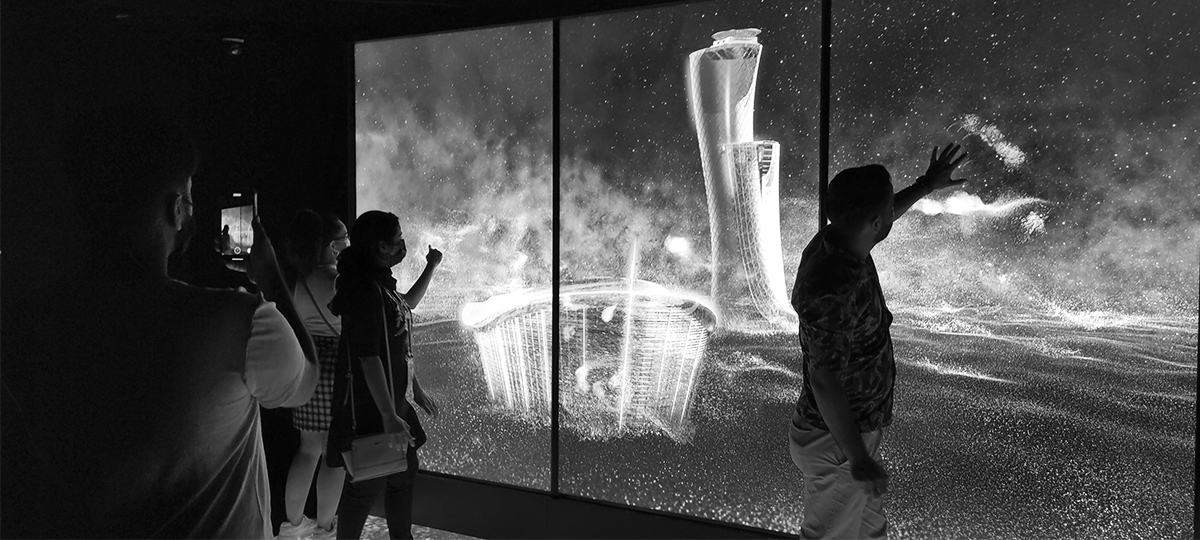
Dubai likes to market itself as a city of the future. With the Expo2020, Dubai wants to show that environmental protection and huge spectacles are compatible. Did that work?
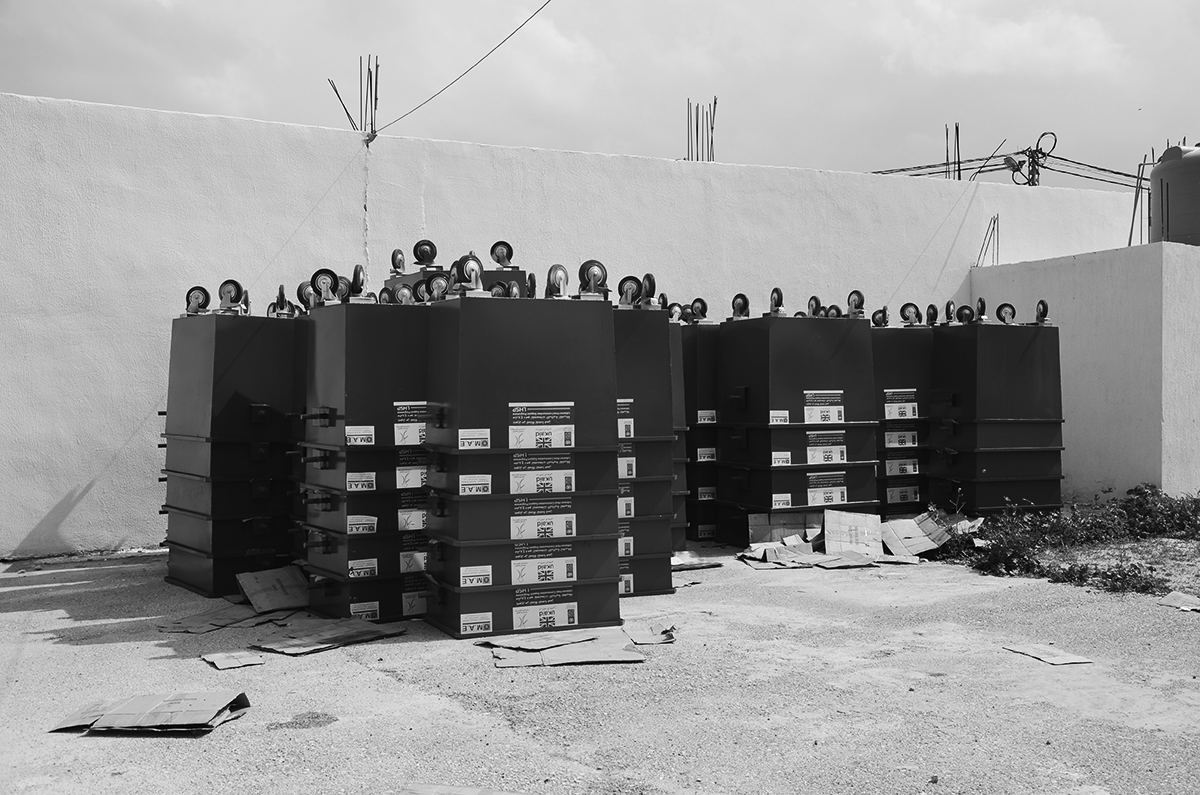
For a long time, development aid followed this principle: Western “experts” travel to the Global South, helping with items they find useful. They forget that there is no garbage collection or playing basketball on an open field in summer brings no fun. But there is a change of thought: A delegation from Northrine Westfalia visits the Lebanese village El Kaa. They do not want to give money, but exchange experiences. How do they succeed? The audio reportage was aired byRead More
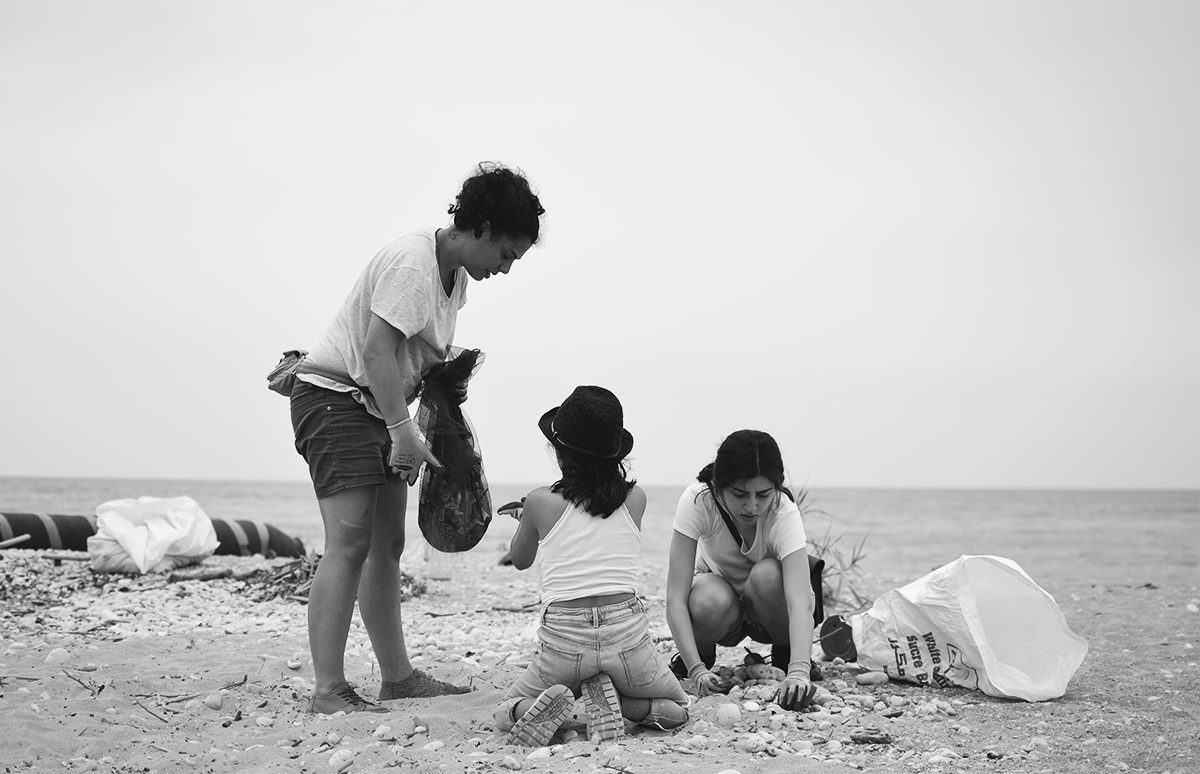
Between 1,000 and 3,000 tons of plastic are estimated to be floating in the Mediterranean Sea. While Lebanon only boasts a tiny fraction of Mediterranean coastline, the country makes a pretty significant contribution to its pollution. There have been recent efforts to clean up Beirut’s beaches, but do they symbolize a new era or are they just a government public relations campaign? An audio report from Lebanon’s beaches for DW – Deutsche Welle.
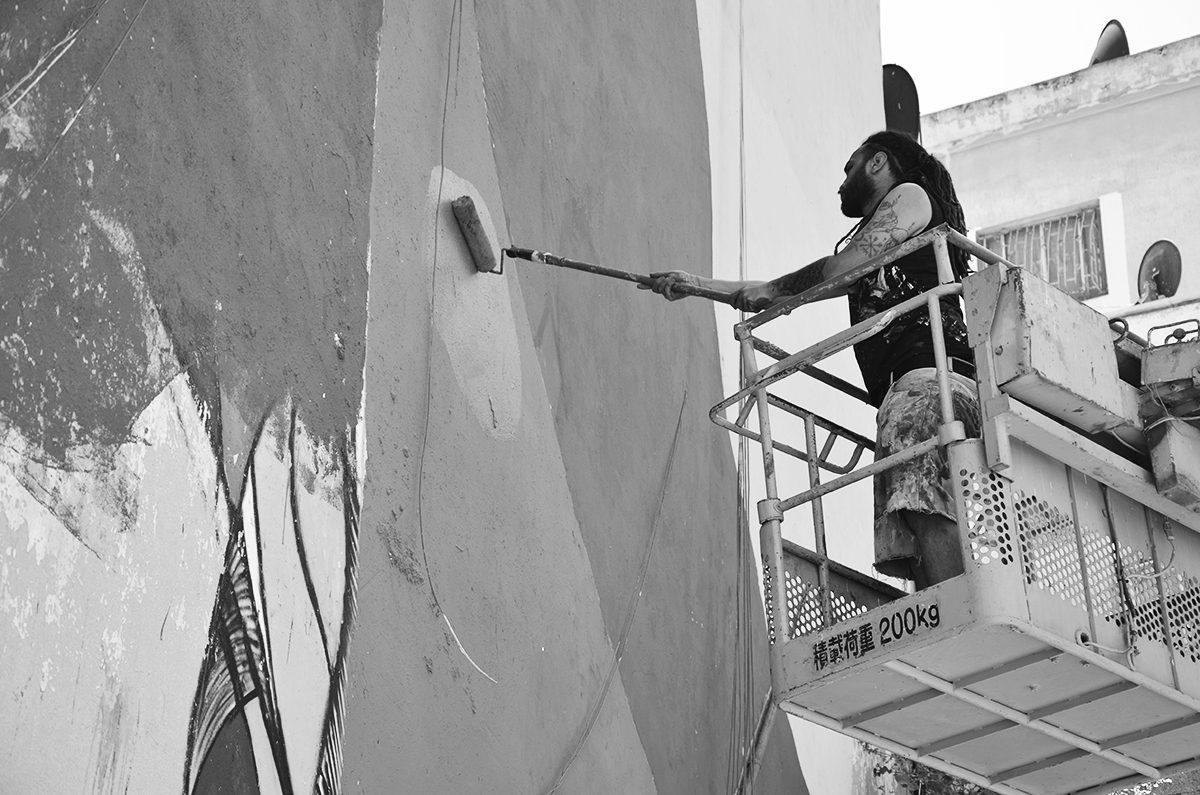
Between Amman’s beige walls I climbed on a crane with Miramar Muh’d and Suhaib Attar. Street artists give the city a colorful touch. How does the intervention in public space change people’s perception of their city? Follow me into the microcosm of Ammans Street Art: Walking the hills of Amman, painting in the hipster area of Weibdeh where art gentrifies the quarter and climb on cranes, 12 meters above the heart of the city. The German public broadcaster Deutschlandfunk published theRead More
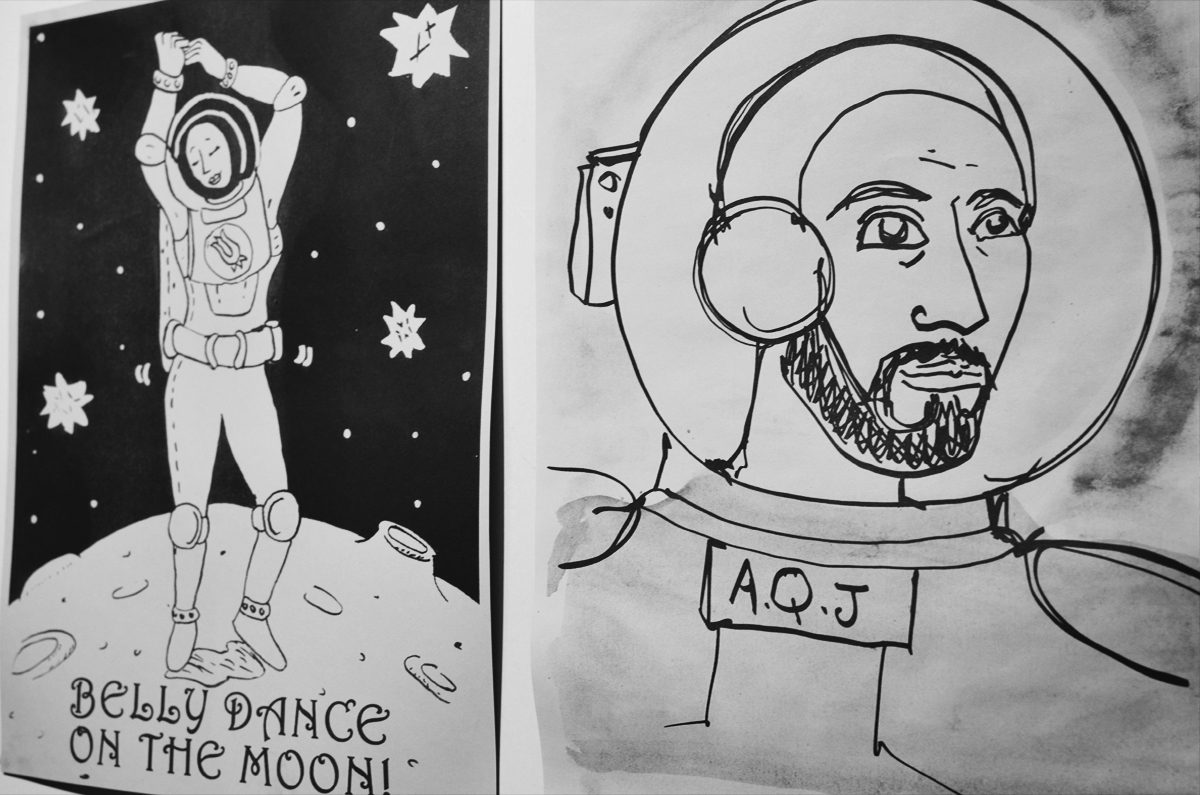
In Cairo and Beirut, female comic artists are drawing characters far beyond bold stereotypes. Meet Deena, Farida and Rawand, who illustrate stories about depression, men in need of emotional support, women dancing on the moon and a superheroine who does not have to care about economy. The radio feature was aired in German on Deutschlandfunk Kultur.